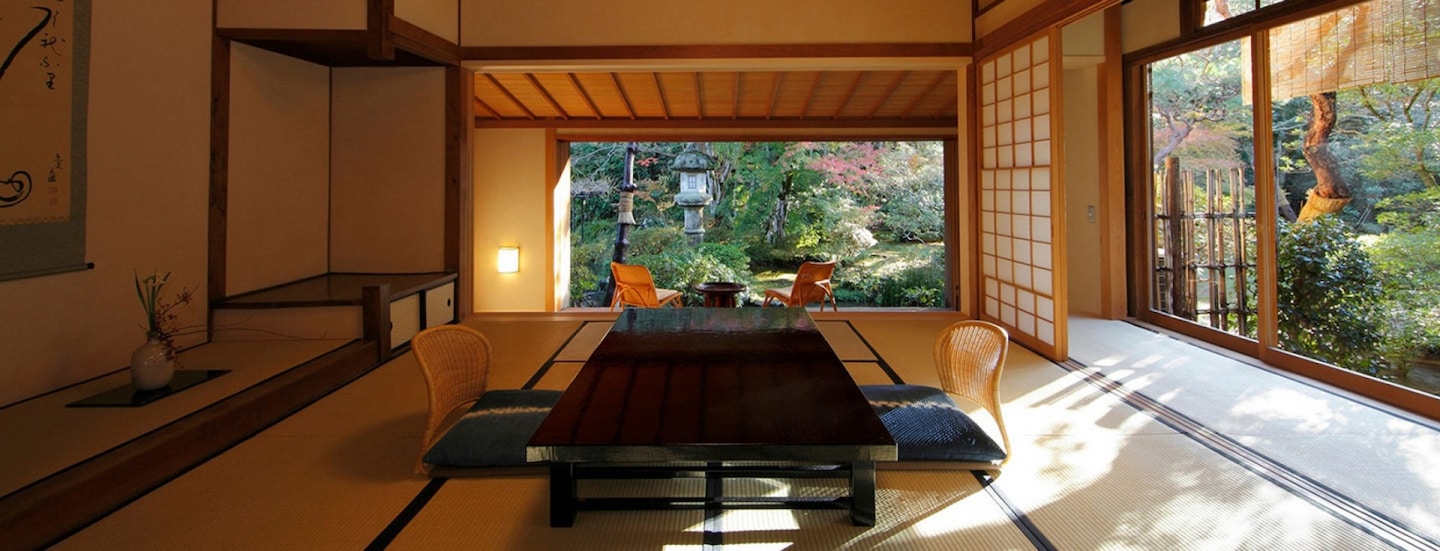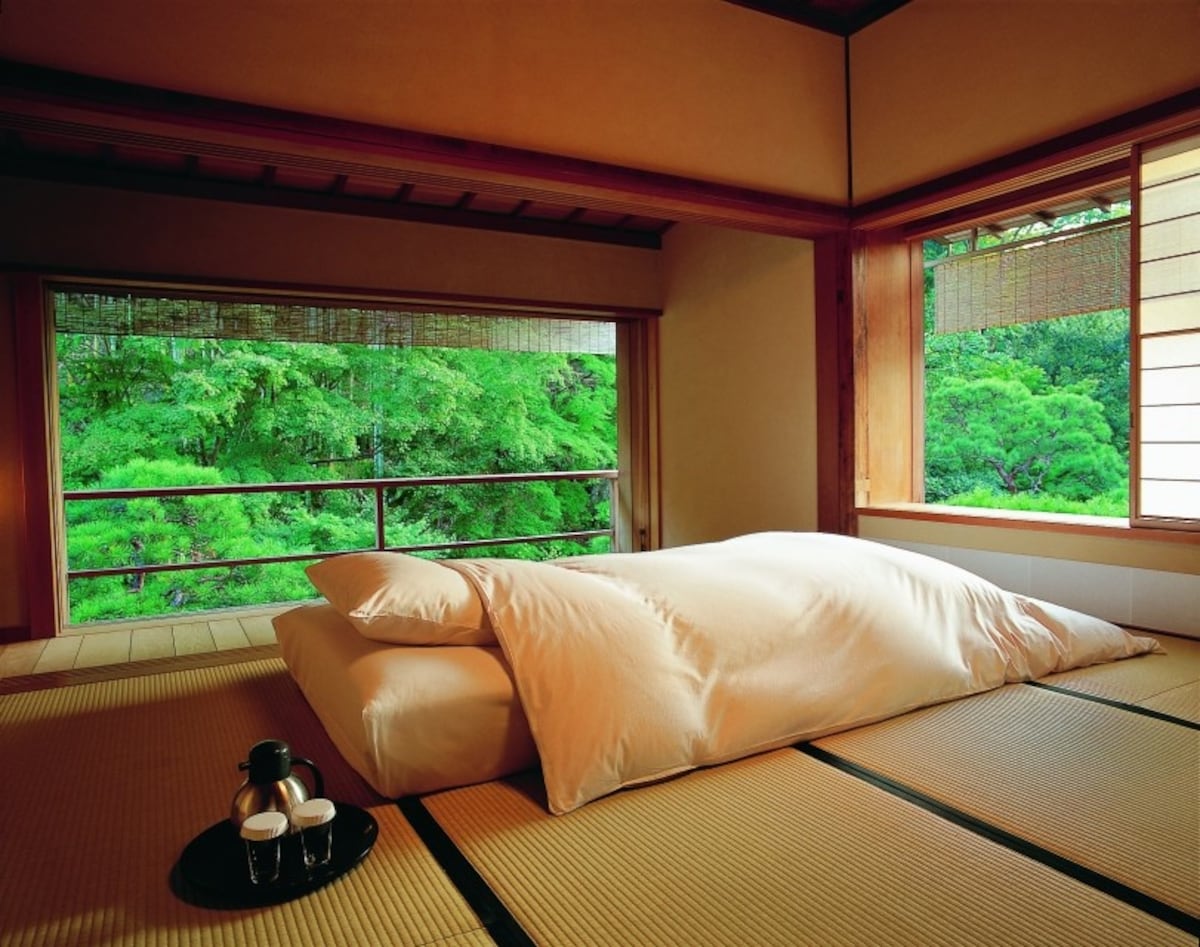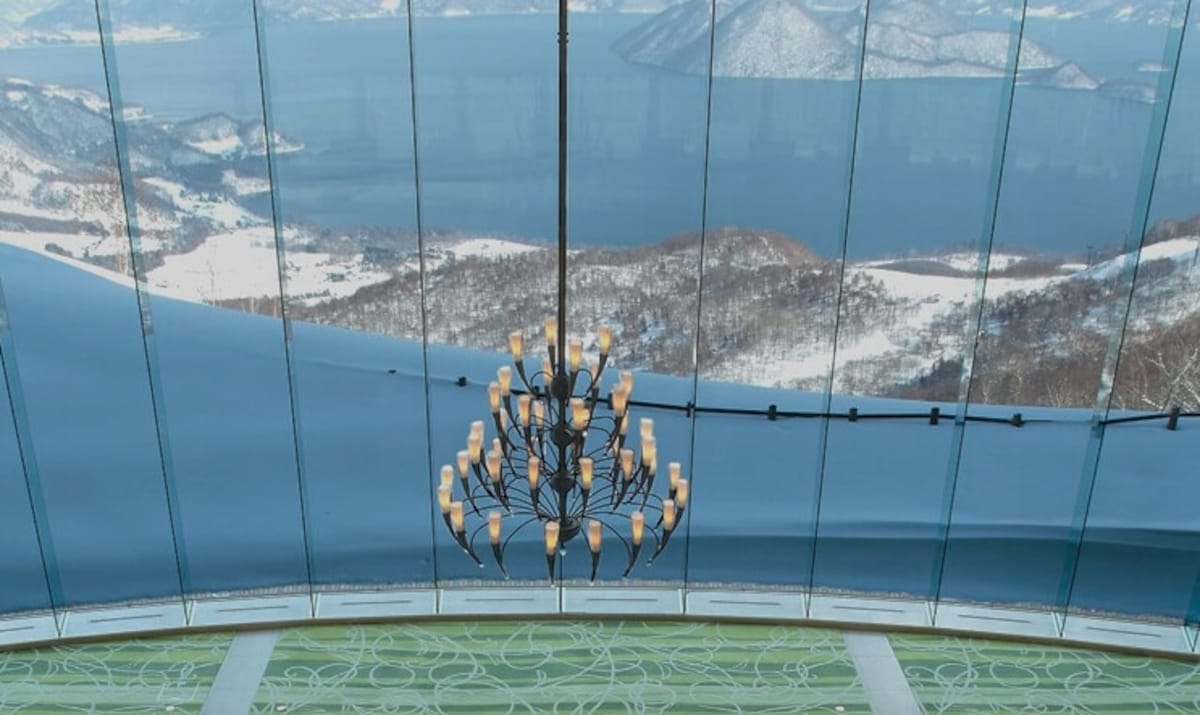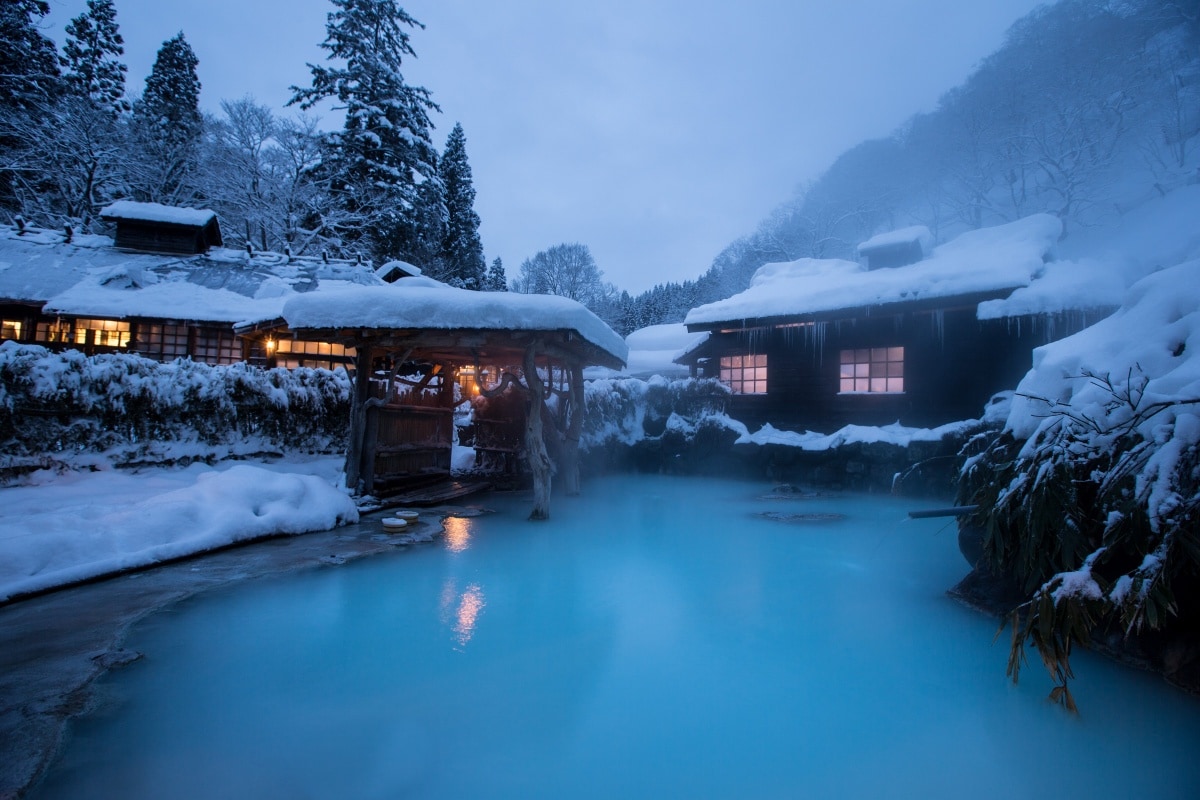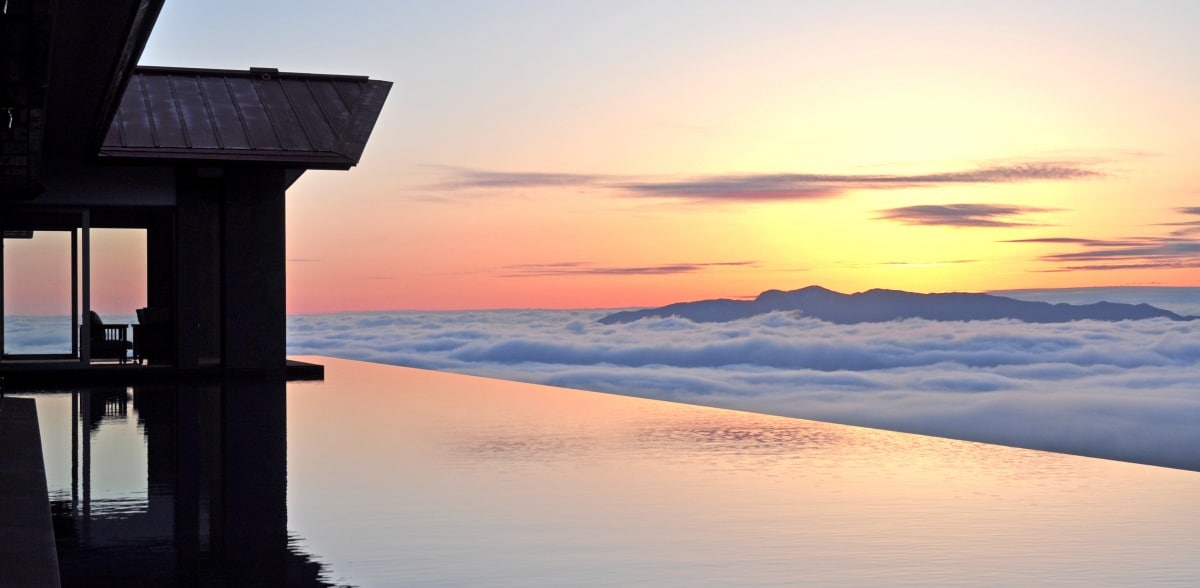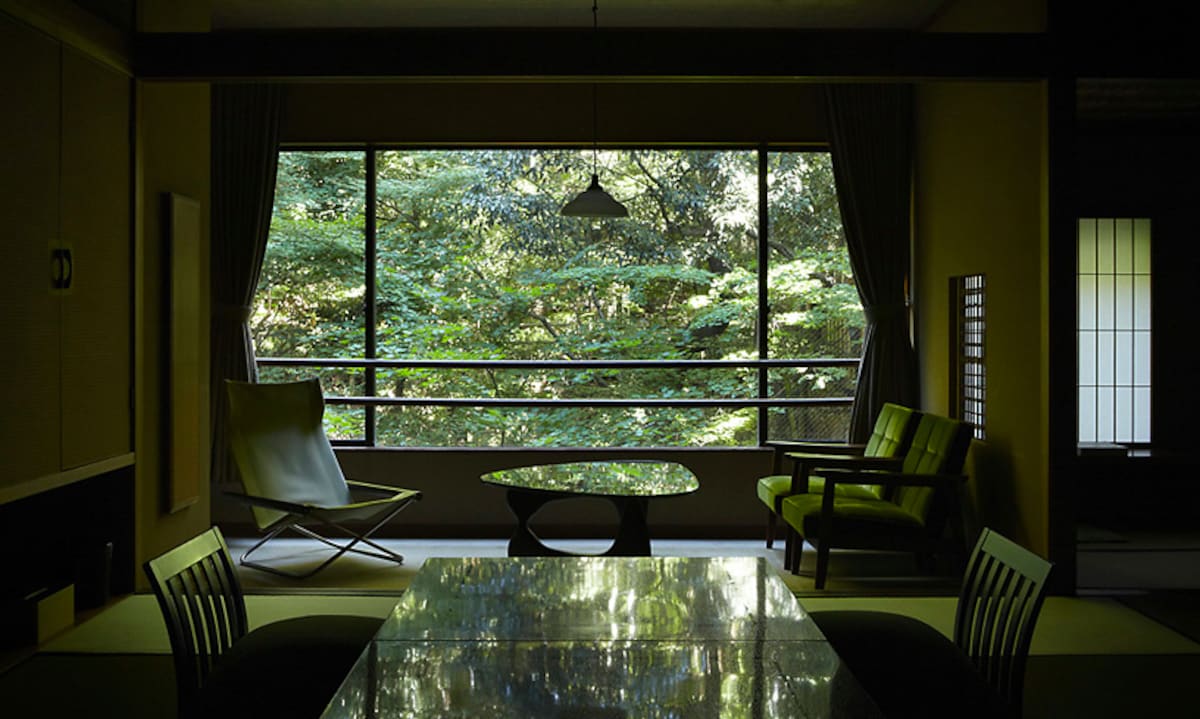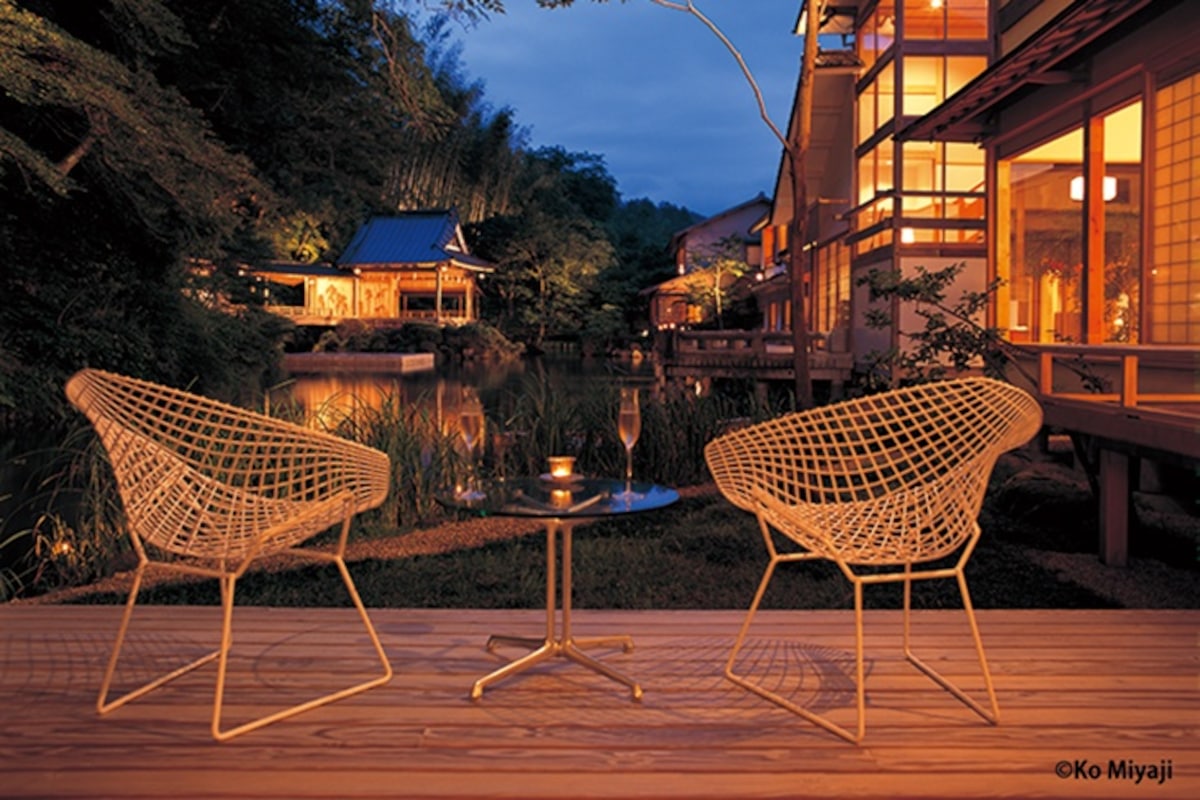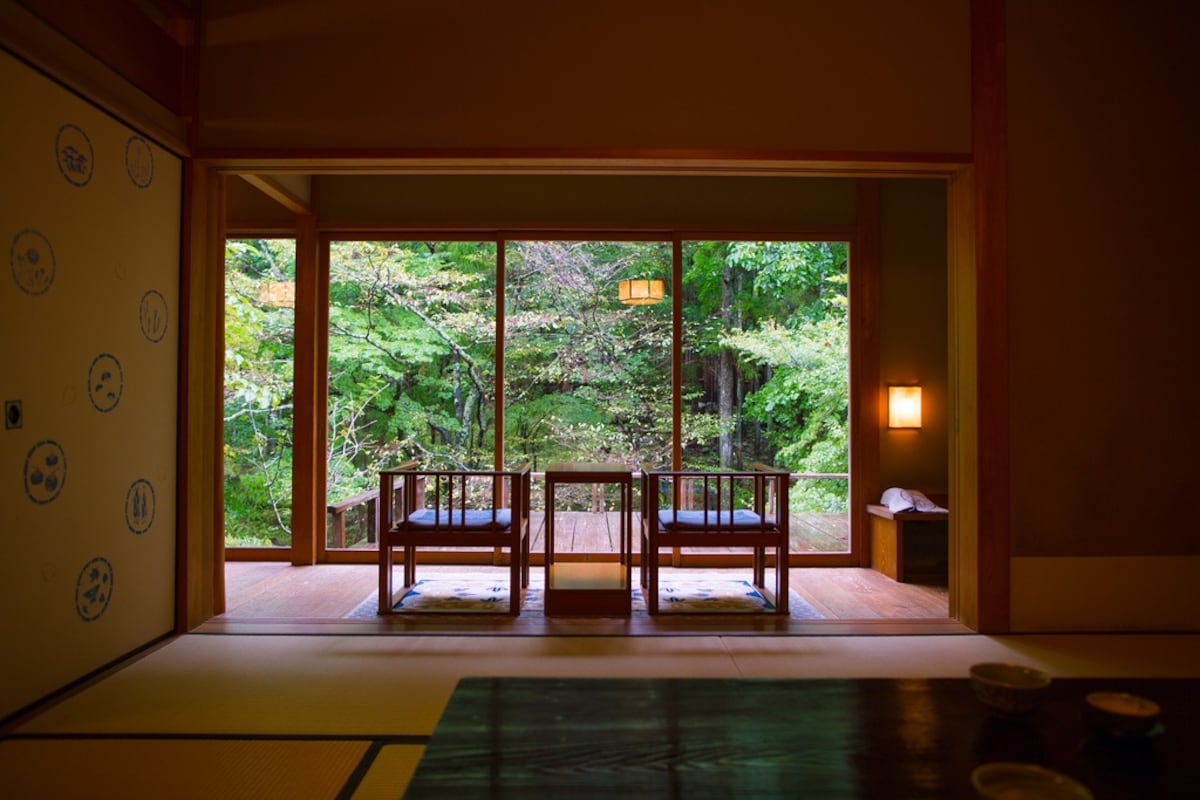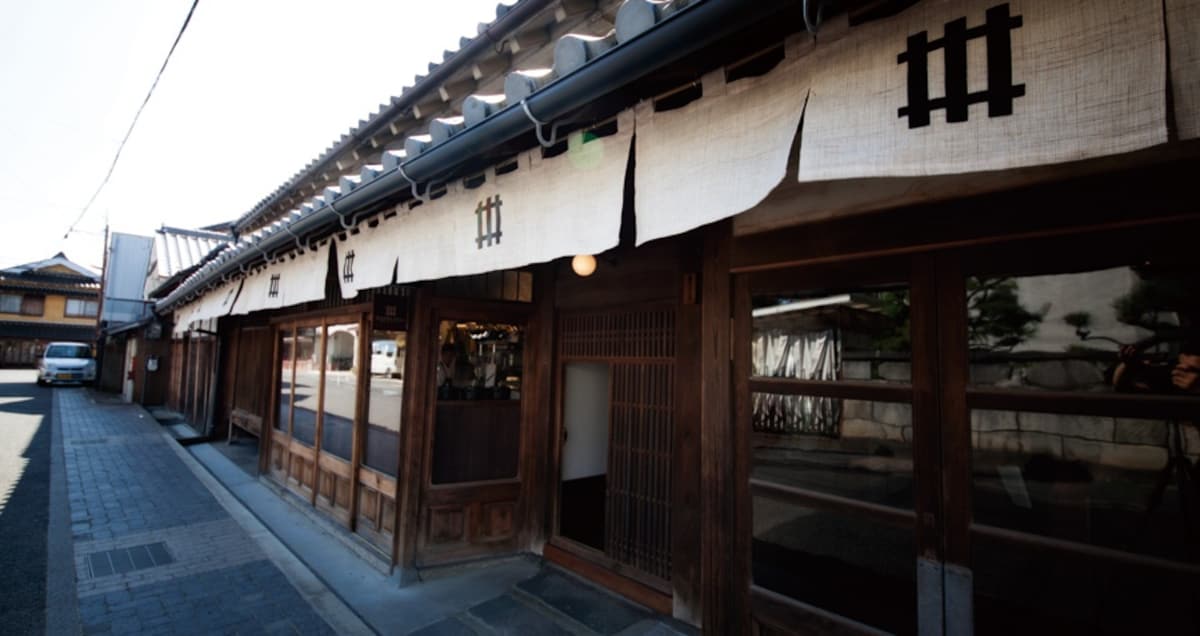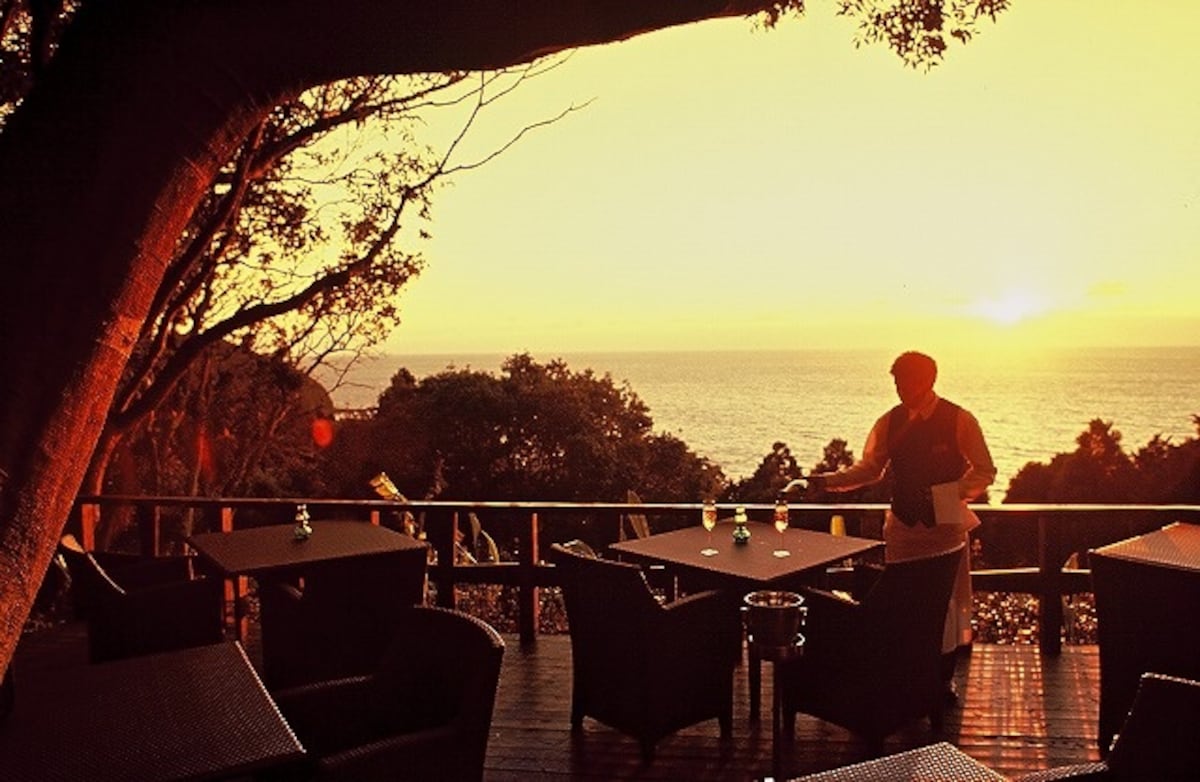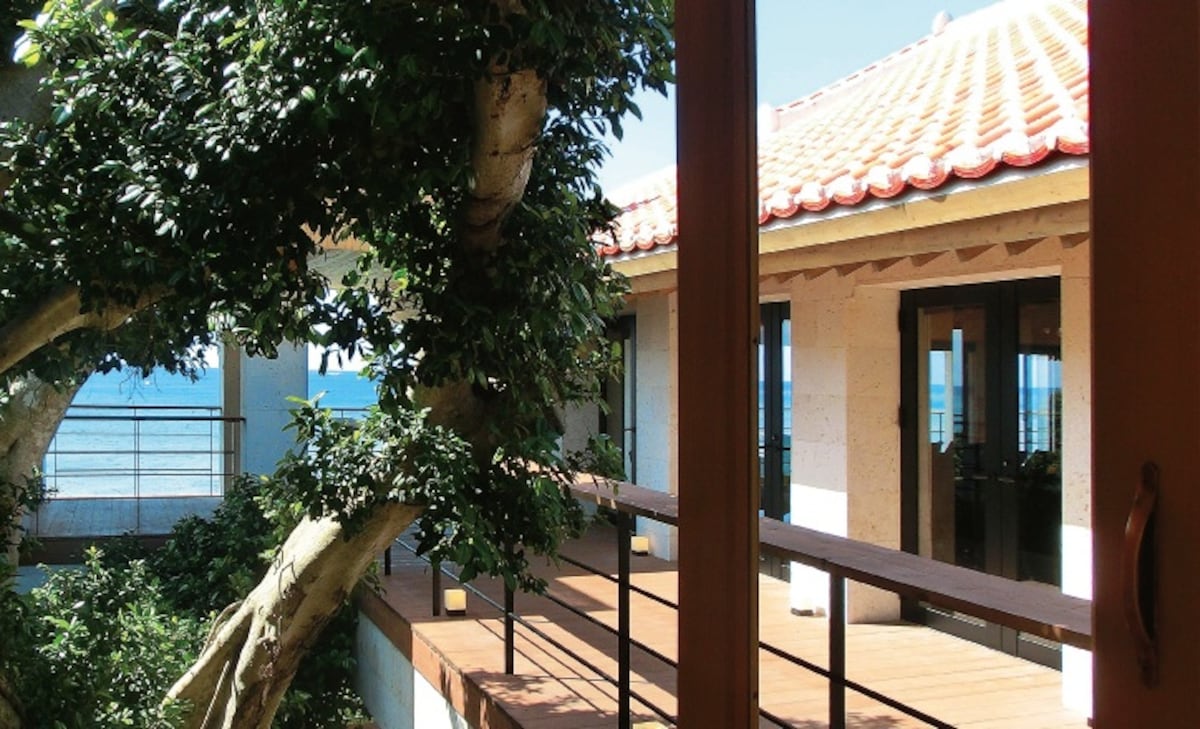Wonders of Japan: Hospitality
In Japan, the culture of sincerely welcoming customers is called omotenashi. This concept is based on the foundation of the tea ceremony created by Sen no Rikyu in the Azuchi-Momoyama Period (1573-1598).
By AAJ Editorial TeamJust as Rikyu communicated to his seven disciples, this includes the way the master of the house expresses beauty in details through thinking about the nature and plans of the guest visiting on that day, how you conduct yourself when greeting guests, decor at the entrance, how flowers are arranged, the sense of the season, the temperature, etc.
The concept of ichigo ichie, meaning "treasure every meeting, for it will never recur," asserts itself naturally by integrating time, space, and opportunity. Changing these elements to match each individual gives omotenashi even greater depth, making it a fleeting but beautiful aesthetic. In this way, the omotenashi spirit is constantly tested when scenarios arise that are not part of the plan.
This unique atmosphere born of a dignified sense of tension lends a solid impression that resonates deep in the heart. Experience refined omotenashi at a long-standing ryokan with many years of service, or find it in a homestay where you can experience the omotenashi of warm smiles and every aspect of the lifestyle that the locals live, getting in touch with the soul of Japan.
The Windsor Hotel Toya Resort & Spa (Hokkaido)
This resort hotel in the highlands offers an amazing 360 degree-panoramic view of the ocean, mountains and bay, including Lake Toya, one of Japan's 100 Famous Views. In addition to experiencing Hokkaido's magnificent nature, you are sure to enjoy a fully relaxing stay filed with top-class cuisine, hot springs and spas, as well as a wide variety of activities.
Tsurunoyu (Akita)
This is the hot spring with the longest history in the Akita hot spring village of Nyuto. It was a spa for feudal lords during the Edo Period (1603-1867), and the thatched roof daimyo lodgings and indoor hearth produce a nostalgic, old-fashioned countryside elegance. You can enjoy four kinds of hot spring with differing effects and qualities in the midst of a quiet, primeval Japanese beech forest, including shiroyu, kuroyu, nakanoyu and takinoyu.
Akakura Kanko Hotel (Niigata)
Established in 1937, this is one of the founding fathers of the Japanese resort hotel. The imposing sight of 1,000-meter-high (3,281-ft) mountains that resemble the Swiss Alps, authentic French food with history, a comfortable hot spring, and the rich greenery of the Myoko foothills are sure to provide an amazing time. The hotel also has a ski resort and golf course for the perfect active getaway.
Imperial Hotel (Tokyo)
Ever since opening in 1890, this distinguished lodging has been known as Japan's grand hotel, greeting guests from the world over with omotenashi. A sense of security dwells in the absolute, uncompromising dedication to top-tier service based on tradition, from the warm smile of the doorman greeting guests at the entrance to the sophisticated gourmet food in the restaurants, and dedication to comfort in every aspect of the guest rooms.
Araya Totoan (Ishikawa)
This veteran ryokan is located at Hokuriku's most famous hot spring, the Yamashiro Onsen, and boasts 18 generations of history. The luxurious hot spring source spouts from a mere dozen or so meters (40 ft) underground, thoroughly relaxing the body and mind. Works of Rosanjin, an artist thoroughly versed in Japanese culture and cuisine, can be found all throughout the building. After soaking in the bath you can enjoy heartwarming Kaga cuisine.
Asaba (Shizuoka)
Asaba is a veteran ryokan with a history of over 520 years in the Izu hot spring town of Shuzenji. The wide open garden surrounded by green mountains and bubbling brooks is home to a Noh stage that was brought here at the end of the Meiji Period (1868-1912), giving the garden a sublimely Japanese elegance. The handsome rooms are large, comfortable, peaceful spaces where the spirit of omotenashi is alive down to the smallest of details, such as the quality linens and amenities, and the way each flower is arranged, lending true character to this lodging.
Miyamasou (Kyoto)
This is a gourmet inn located in the deep mountains one hour from Kyoto city by car. Guest rooms are located in the Yamanoto main building and the Kawanoto building alongside a mountain stream, with the elegant scenery of the four seasons outside the simple beauty of twilit Japanese-style rooms. The owner makes traditional Japanese kaiseki course meals from wild plants and herbs gathered himself.
Nipponia (Hyogo)
Nipponia is a network of accommodation facilities where visitors can fully immerse themselves in the ambience of Japan's traditional lifestyle and culture. It features old folk houses renovated into inns, restaurants and shops, while preserving their unique historical value. At present, the network operates five such facilities that utilize historical architectural buildings located in the Tamba and Taima regions of Hyogo prefecture.
Ishiyama Rikyu Gosoku-no-Kutsu (Kumamoto)
This hot spring ryokan is located in Amakusa, the land where Christianity was first adopted in Japan. Amakusa, with its blend of Eastern and Western culture, is a unique location with a touch of sweetness and fascination in the air. This local flavor can be seen everywhere. All of the guest rooms are separated from one an other, dotted about the mountainside looking out on the East China Sea, and each is equipped with its own natural hot spring open-air bath. You can also enjoy a traditional Japanese-style course meal of Amakusa seafood.
Hyakuna Garan (Okinawa)
Nestled in a mysterious land known as the setting for the Ryukyu creation myth, the hotel looks out on the vast ocean where you can view the sunrise and sunset and Ryuku's most sacred land, Kudakajima. With all guest rooms offering an ocean view, this luxurious accommodation is right at home with the sound of the waves. The corridors in the building are done in the Waryu style (a fusion of Japanese and Ryukyu style) for spaces built of light, shadow, and wind.


